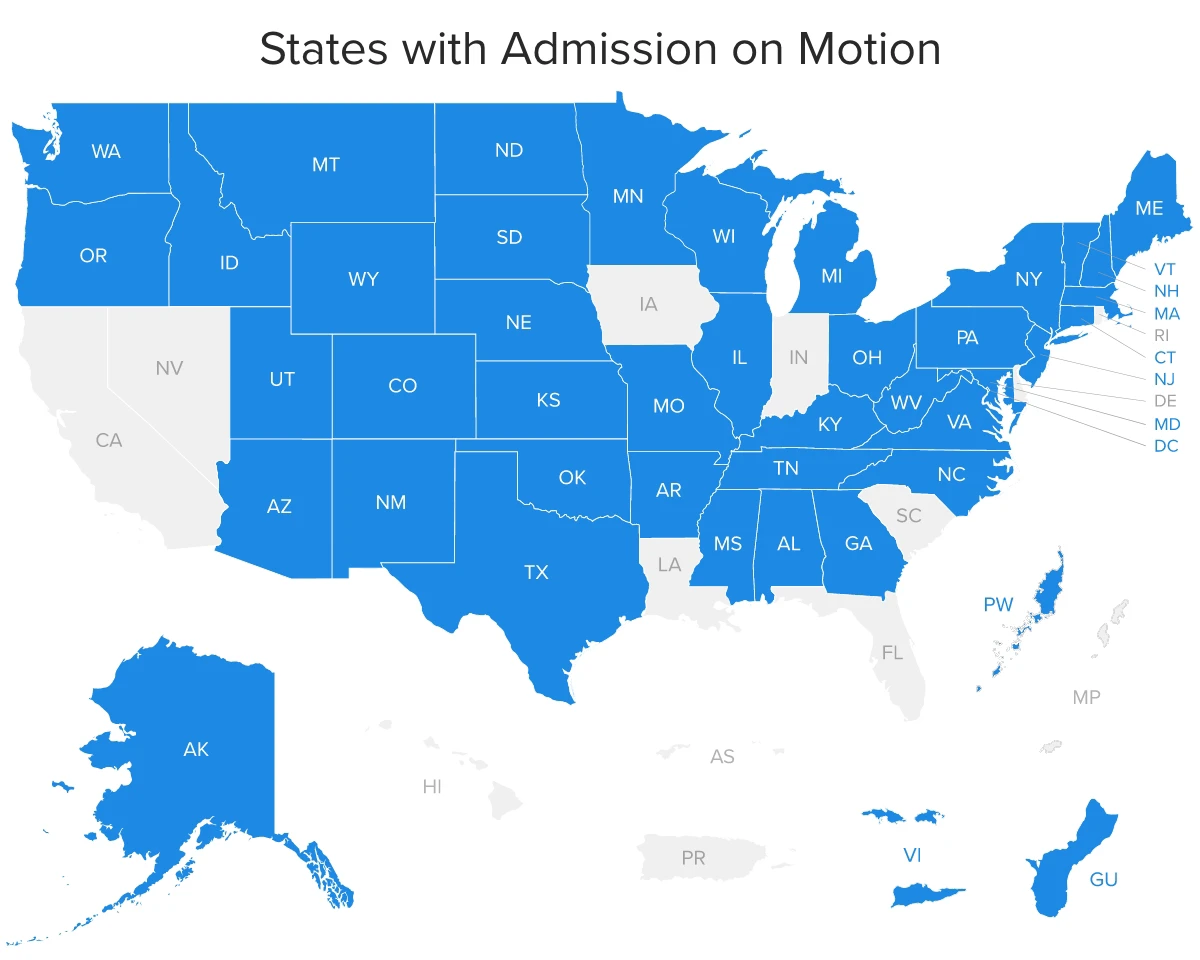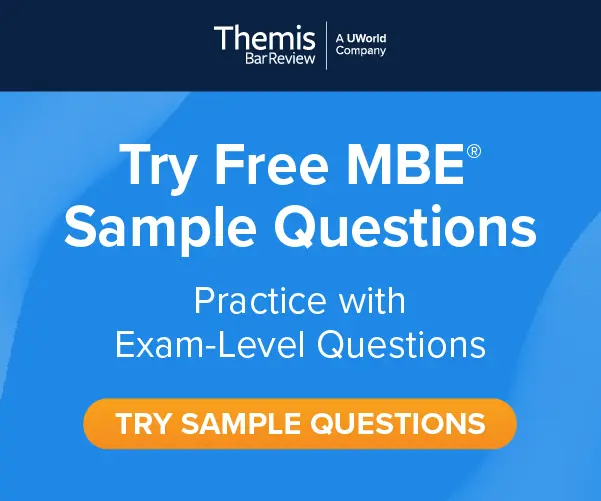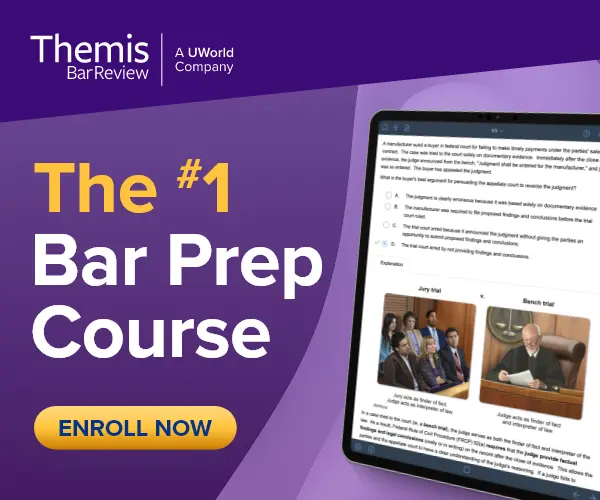Bar reciprocity is a legal concept that allows attorneys who are licensed to practice in 1 jurisdiction to be admitted to the bar and practice in another state without having to take the new state's bar exam.
Reciprocity agreements vary between states and may require you to meet certain criteria, such as practicing law for a certain number of years, completing continuing legal education courses, or passing a background check. Bar reciprocity does not apply to all states, and you must carefully review the requirements of your desired jurisdiction to ensure they meet the necessary criteria.
Importance of Bar Reciprocity
Bar reciprocity allows you to practice in multiple states without taking multiple bar exams, reducing costs while expanding your legal career. It enhances flexibility, enables seamless client service across jurisdictions, and promotes professional growth by exposing you to diverse legal systems.
How to Apply for Bar Reciprocity
Applying for bar reciprocity typically requires you to submit proof that you have met a jurisdiction’s requirements — character and fitness, passing the Multistate Professional Responsibility Exam (MPRE®), years of practice, etc..
If you passed the Uniform Bar Examination (UBE®), you will typically have an easier time transferring to other UBE jurisdictions because the National Conference of Bar Examiners (NCBE®) has standardized much of the process. However, even non-UBE states may use NCBE services.
The following resources may be useful if you’re applying for reciprocity:
- Character and Fitness: Many jurisdictions use NCBE services to conduct their investigations on applicants. Simply select your jurisdictions to start the process.
- MBE Score Services: Even if you aren’t transferring from, or to, a UBE jurisdiction, most states use the Multistate Bar Examination (MBE®) and may require an MBE score transfer via the NCBE.
- UBE Score Services: If you’re transferring between UBE jurisdictions, you’ll use the UBE score services.
MPRE Score Services: Nearly all states require that you have an MPRE score that meets their criteria, not the requirements in your current jurisdiction.
UBE Jurisdictions
Non-UBE Jurisdictions
| California | Delaware | Florida | Georgia | Guam |
| Hawaii | Louisiana | Mississippi | Nevada | South Dakota |
| Virginia | Wisconsin | North Mariana Islands | Palau | Puerto Rico |
Requirements for Bar Reciprocity or Admission on Motion
Reciprocity and admission on motion are often used interchangeably because they refer to the rules and procedures governing your ability to practice law in another jurisdiction without taking your new jurisdiction’s examination.
Eligibility provisions for licensure in a jurisdiction without taking the bar exam vary, but typically require you to demonstrate that you:
- Have a Juris Doctor (JD) from an American Bar Association (ABA)-accredited U.S. law school or satisfy each element of a jurisdiction's exemption from the law study requirement
- Have obtained a license to practice law in another state
- Have been actively and substantially engaged in the lawful practice of law as your principal business or occupation for at least 5 of the 7 years immediately preceding your application.
Possible additional requirements include:
- Meeting the jurisdiction's minimum passing score on the MPRE
- Satisfying the provisions of the jurisdiction's rule governing good moral character and fitness
- Being willing to take the required attorney's oath
- Completing the jurisdiction-specific component.
Types of Bar Reciprocity
Bar reciprocity is an umbrella term for transfer agreements between states. Generally, states fall into 1 of the following bar reciprocity categories:
- Admission on Motion Based on Criteria: Allows attorneys from any state to be admitted as long as they meet the set criteria.
- Admission on Motion Based on Reciprocity: Allows attorneys to be admitted if their transferring jurisdiction also allows attorneys from the admitting jurisdiction to be admitted under similar rules.
- Semi-Pure Reciprocity: Allows attorneys to be admitted if their transferring jurisdiction also allows attorneys from the admitting jurisdiction to be admitted under similar rules. However, attorneys face stricter procedures and potential transfer fees.
- Pure Reciprocity: Allows attorneys to be admitted according to the rules of the transferring jurisdiction.
- No Admission on Motion: Attorneys aren't allowed to be admitted into the jurisdiction without examination.
Admission by Exam
Admission by exam refers to transferring your bar exam score from 1 jurisdiction to another. This option is available to attorneys who aren't eligible for admission on motion. In this scenario, attorneys may transfer their bar exam score to the new jurisdiction, exempting them from taking the MBE or allowing them to use their previously obtained MBE score.
This type of admission enables attorneys to skip the MBE component and only take the written portions of the new jurisdiction's bar exam, which include the Multistate Performance Test (MPT®) and Multistate Essay Exam (MEE®). This form of bar reciprocity may also allow you to transfer your previous bar exam score to a new jurisdiction. This ability to transfer your "uniform" score from 1 jurisdiction to another only applies to jurisdictions that have adopted the UBE.
Note: Launching in July 2026, the NextGen bar exam will evaluate key lawyering skills and legal principles relevant to the modern practice of law. To balance transactional and litigation law knowledge and skills, the exam will align with evolving legal education, incorporating insights from clinical training, dispute resolution, and legal writing programs.
Frequently Asked Questions (FAQs)
Is MPRE required for admission on motion based on reciprocity?
The requirement for the MPRE in the admission on motion process varies by jurisdiction.
Do you need to pay any fees to apply for bar reciprocity?
Yes. In most cases, you will need to pay fees when applying for bar reciprocity. Fees associated with applying for bar reciprocity vary by jurisdiction but typically include an application fee, character and fitness investigation fees, and any additional supporting documents
Must an applicant for admission on motion be a graduate of an ABA-approved law school?
The requirements for admission on motion applicants to be graduates of an ABA-approved law school vary by jurisdiction.










